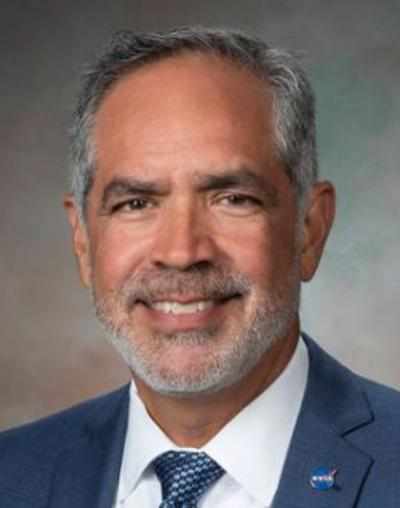Sun, May 29, 2022
Advertisement
More News
 ANN's Daily Aero-Term (05.05.25): Circle To Runway (Runway Number)
ANN's Daily Aero-Term (05.05.25): Circle To Runway (Runway Number)
Circle To Runway (Runway Number) Used by ATC to inform the pilot that he/she must circle to land because the runway in use is other than the runway aligned with the instrument appr>[...]
 ANN's Daily Aero-Linx (05.05.25)
ANN's Daily Aero-Linx (05.05.25)
Aero Linx: National Aviation Safety Foundation (NASF) The National Aviation Safety Foundation is a support group whose objective is to enhance aviation safety through educational p>[...]
 NTSB Prelim: De Havilland DHC-1
NTSB Prelim: De Havilland DHC-1
At Altitude Of About 250-300 Ft Agl, The Airplane Experienced A Total Loss Of Engine Power On November 6, 2024, at 1600 central standard time, a De Havilland DHC-1, N420TD, was inv>[...]
 Classic Aero-TV: The Boeing Dreamliner -- Historic First Flight Coverage
Classic Aero-TV: The Boeing Dreamliner -- Historic First Flight Coverage
From 2009 (YouTube Edition): Three Hour Flight Was 'Flawless' -- At Least, Until Mother Nature Intervened For anyone who loves the aviation business, this was a VERY good day. Afte>[...]
 Airborne-NextGen 05.06.25: AF Uncrewed Fighters, Drones v Planes, Joby Crew Test
Airborne-NextGen 05.06.25: AF Uncrewed Fighters, Drones v Planes, Joby Crew Test
Also: AMA Names Tyler Dobbs, More Falcon 9 Ops, Firefly Launch Unsuccessful, Autonomous F-16s The Air Force has begun ground testing a future uncrewed jet design in a milestone tow>[...]
blog comments powered by Disqus





